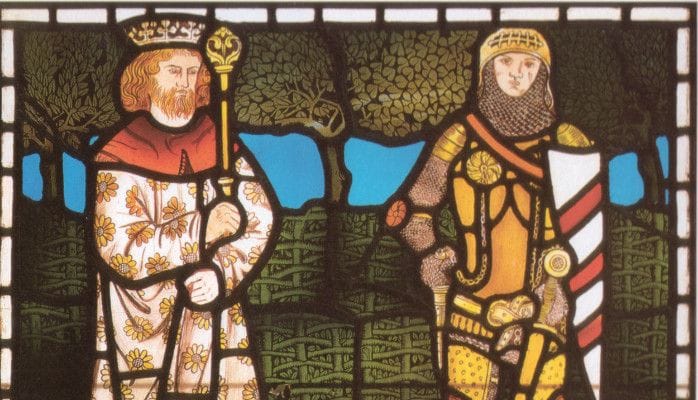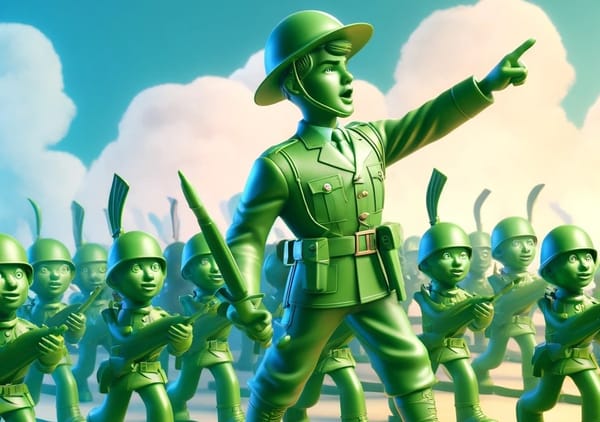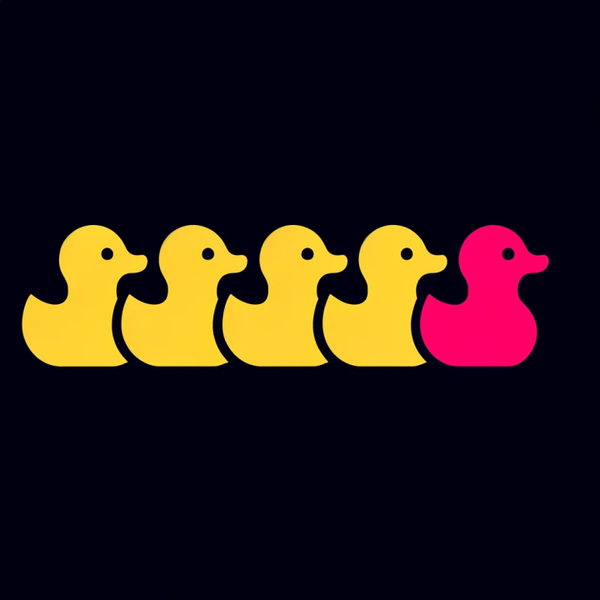Are you King Arthur or Sir Lancelot?
For a long time throughput my career, I always felt conflicted between being/staying Technical and the "Executive/Managerial" career path. This is one of my earlier posts - which unpacked the conflict using age-old heroes as metaphors.

I’m sure we are all familiar with the story of the boy who pulled the sword from the stone and later became King of Camelot - and his greatest Champion, Sir Lancelot. Anyone who has worked with me knows that I love analogies. Being able to translate a challenge, especially an IT one, into a metaphor which a non-technical person can understand and comprehend, is one of my great joys. So, here goes…
We have the boy who pulled the sword from the stone who eventually became the King of Camelot. I’m certain that there was a period of transition from boy to king - and this is one of the items on my to-do list to research and uncover when I get some time. Similarly, Lancelot probably started off as a humble squire, performed some heroic deed for which he was knighted and rose through the ranks to eventually become the king’s greatest champion. My apologies to any ardent historians out there for skipping a number of important milestones and facts in this recollection.
Both Arthur and Lancelot (we’re on first-name basis) were Knights of the Round Table. I think it safe to assume that Arthur - given his history with swords - was a decent swordsman. I’m not going to comment about his ability with stones. However, I’m sure you will agree - king and knight have very different roles and responsibilities. Let me delve a little deeper. King Arthur was the ruler and leader of Camelot. His duty was to ensure the wellbeing of the citizens of Camelot. Sir Lancelot was responsible for the safety of Camelot - keeping out attacking armies, rescuing maidens from dragons and going on crusades and conquests. Again, and I’ll come back to it, both were Knights of the Round Table. If memory serves me correctly, all were equal when they sat at the Round Table.
However, what is intriguing for me is that both men probably looked at each other and I would think, that the one sometimes envied the other’s position. Possibly Arthur looked over at Lancelot and considered sleeping out under the stars, chasing some wayward dragon and being the most eligible knight in Camelot. Similarly, Lancelot might have glanced over at Arthur and envied his seemingly predictable life - a comfy bed every night, being the ruler of Camelot and having the beautiful Guinevere as his queen (we all know how this eventually panned out).
You’re probably wondering where I’m headed with this. Thanks for sticking it out with me to this point. In an IT world, I’ve often seen the roles of King and Knight. The King is typically the IT Executive and the Knight the “Technical go-to” guy in the team. The IT Executive gets the basement parking and the corner office. The “Technical Lancelot” most often gets “decent” benefits - due to his ability to make problems/dragons disappear, he probably gets a good desk in the open plan office, someplace where prying eyes cannot see his Facebook updates and possibly, the most expensive notebook in the department - MacBook or Alienware and most often, “flexible working hours” - although he probably spends more time working than anyone else.
From observation of many colleagues along the years, I’ve seen great Knights trade in their swords to become Kings. The career paths of many organisations are actually structured in a way that Knights have to become Kings. Technical Lancelots sometimes feel that their careers and associated ability to impact the direction of an organisation are constrained by a glass ceiling. Although the Round Table accommodated Knights, the typical IT boardroom does not focus on the details of every swordfight but takes a “crusade-level” view of issues. Ironically, the “dragons” that sit around the IT boardroom table are sometimes far more formidable and terrifying than those in the wild. So, shell scripts and Integrated Development Environments are traded in for CAPEX and OPEX budgets and Line Management functions. Technical undergraduate degrees are sometimes “upgraded” to MBAs.
Although the Technical Lancelot envies Executive Arthur’s corner office, would he enjoy the trimming of budgets and managing people issues - albeit during a predictable 9 to 5 workday? Or would he be far more content and productive while hunting a dragon by troubleshooting a production technical issue through the night. With that being said, a number of Technical Lancelots have opted for the more predictable lifestyle. Chasing dragons requires a very understanding spouse - unless you manage to steal away Guinevere (sorry, I couldn’t resist).
Drawing on my personal experience, and having come up through the ranks as a humble squire to a gallant Knight of the Round Table to Sir Lancelot, I can tell you, dear reader, that there is very few things more frustrating than instructing someone else on how to hunt and kill a dragon. And this brings me to one of the most important traits of an Executive Arthur. I am not sure if you agree but my experience is that the best IT Executive is the one who equips the team with all the supplies and weapons they need to hunt and kill a dragon and then steps aside.
However, where I sometimes experience my greatest difficulty - as a former Technical Lancelot, now tasked with some of Arthur’s responsibilities, is where do you draw the line and when do you step aside? That line where you leave the team of Knights to work through the night to hunt down a dragon in the production environment or the line where you have to disengage from a technical discussion to arbitrate peace between the butcher, baker and candlestick maker in Camelot or the line where you’re not familiar with the bleeding-edge functionality in the latest software release but you’re a master of animation in PowerPoint?
What I’ve grown to realise, throughout my career, is that the most important thing is to enjoy and be passionate about what you do. That first coherent thought when you wake up in the morning should be a positive thought - something you look forward to. Be it that elusive dragon that you were chasing the night before or the happiness of the subjects in your kingdom. Not everyone can be King. Similarly, not everyone can be the First Knight. However, everyone can and should be happy in what they do.



